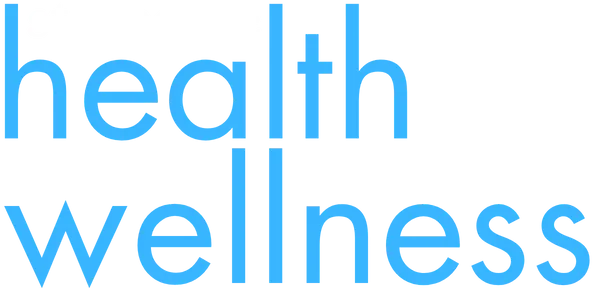

EXERCISE & FITNESS ARTICLES

Make Next Year Yours Today
Being ready with your New Year’s resolutions in November or December might seem premature, but when it comes to maximizing the natural, habit-programming powerhouse of your subconscious mind, starting well before the new year makes changing bad habits and forming healthy new habits easier. When you begin new habits, the function of the conscious mind is to plan and make decisions. What is often not considered is that the subconscious mind needs to change first.
Imagine a car that has its wheels wildly misaligned, tires angled in every direction. In order to get that vehicle straightened out, would replacing the tires set things right? No. A new set would be just as wonky and dysfunctional as the first set. In order to make the car driveable, the issue causing the problem would have to be determined, and the axles and suspension would need to be adjusted.

Trying to approach change with only your conscious mind is much the same since the subconscious is responsible for managing up to 95 percent of your actions and nearly 100 percent of your habits. The subconscious runs your life with programs. These programs dictate nearly everything you do, from the way you put on your socks in the morning to the food you crave to the feelings you have when someone compliments you to the types of people and relationships you are attracted to.
To make a resolution stick, you begin by setting defined, actionable goals. Your conscious mind is responsible for this—thinking logically to make decisions. Being vague will only slow your subconscious down. Instead of “I want to be healthier,” try "I will work out for thirty minutes, four times a week.” Think of it as giving your brain a detailed map. It knows exactly where you want to go, which reduces confusion for your subconscious.
If you can’t connect well with a feeling of interest or enthusiasm about your change, you may have a subconscious block or limiting belief that has a contradicting program
With a clear goal set, it’s time to program the subconscious to support it. Because your deeper mind is directly linked to emotions, the stronger you feel about a goal, the more likely your subconscious is to implement it. Visualization is a powerful tool for this. While meditating, picture yourself succeeding in your resolution, whether it’s giving a confident speech, running a marathon, or sticking to a budget. Imagine every wonderful outcome that you might have after working on the goal for one month, for three months, for six months, for twelve months, and well into the future. Really allow yourself to connect with these feelings; the more you connect with the emotions and feelings, the stronger your neural pathways will become for lasting change.
For instance, if you want to save money, imagine feeling the satisfaction each time you reach a savings milestone. This positive reinforcement makes your subconscious eager to continue the habit.
When you imagine positive outcomes and connect strong emotions with them, you’re teaching your subconscious that success is not only possible, it is also the desired program you would like to have.
You can also use conscious stratagem to ease your subconscious mind into your resolutions. For example, if your goal is to wake up earlier, start by adjusting your wake-up time by five or ten minutes each week. By the time the new year begins, the change will feel natural, and the subconscious will be more open to accepting this new program. Additionally, instead of setting outcome-based goals like "I want to lose twenty pounds," focus on identity-based goals, which are more powerful and lasting. Instead of only aiming to lose weight, decide to become someone who values fitness and healthy choices.
If you can’t connect well with a feeling of interest or enthusiasm about your change, you may have a subconscious block or limiting belief that has a contradicting program, much like the misaligned vehicle. If this block is not addressed, making headway on your goal will be more challenging than it needs to be.
To prevent this, I recommend spending time with yourself and your thoughts in deep and/or altered states of consciousness. You can do this with meditation, breathwork, ketamine, or hypnosis (which, after all, is just deep meditation made easy). Helping your subconscious to learn that it no longer needs the emotional support of habits from the past, that the upcoming change will make you happier and stronger, and that you are strong enough to make the change are ways that I love to help people become their best selves.
Reaching your new goals will be easier if you fix your subconscious axles before you put the tires on. By setting clear goals, aligning emotions, and gradually adjusting habits, you prime both parts of your mind for success.
If you would like more information about how to change your subconscious mind for your good, visit balancedmodernhypnotherapy.com or text or call Erin for an appointment at 435-429-2560.
